Yokohama National University – UNESCO Chair on Education in Biosphere Reserves for Sustainable Societies (EBRoSS) (headed by Prof. Hiroyuki Matsuda) held the International Conference on “Blue Carbon Ecosystems for Sustainable Development with Special Emphasis to Mangrove Ecosystems” on January 11-13, 2023 at Yokohama National University and Hakkeijima Sea Paradise, in collaboration with the UNESCO New Delhi Office and the International Society for Mangrove Ecosystems (ISME).
>> Go to the conference official site
>> Mangrove Ecosystems Poster Gallery Created by Dr. Benno Böer of UNESCO Delhi Office
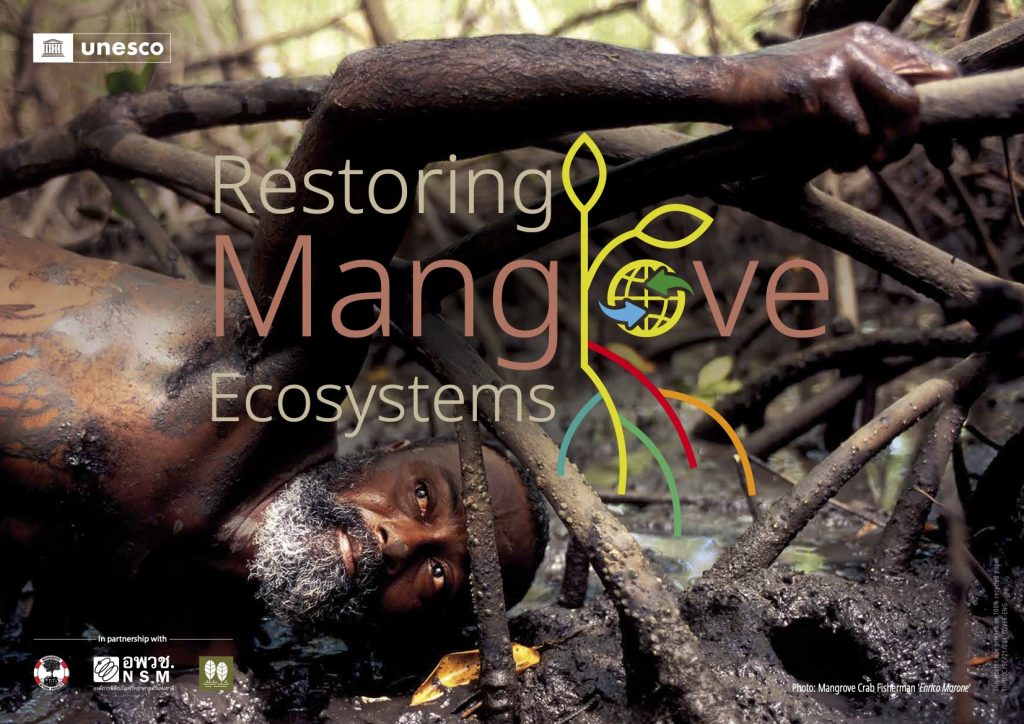
Saline ecosystems are blue carbon ecosystems, many of them with high productivity rates and of major global importance for carbon sequestration and accumulation of organic matter in the soil. They are of tremendous value toward the utilization of high-salinity water, such as seawater, as well as hyper-saline soils, and salt-tolerant biota for the production of biomass, for food, feed, fiber, fuel, other economic purposes, and carbon sequestration. In order to achieve the 17 United Nations Sustainability Goals, the scientific research into blue carbon ecosystems is an absolutely important element. Moreover, monitoring is needed, as well as the conservation of the remaining blue carbon ecosystems, and the restoration of lost habitat. The organizers planned this Conference to generate new scientific knowledge on Blue Carbon Ecosystems and their components, with a special view to halophytes and salinity and in particular with mangroves. The conference was very fruitful with lectures by 25 people (16 from overseas and 9 from Japan) and a tour of Hakkeijima Sea Paradise.
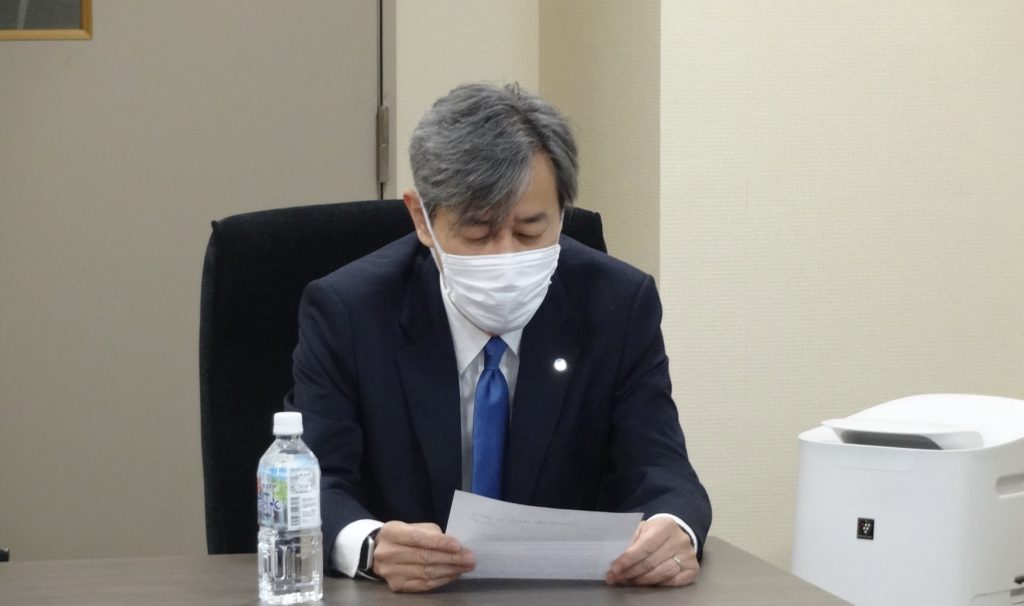
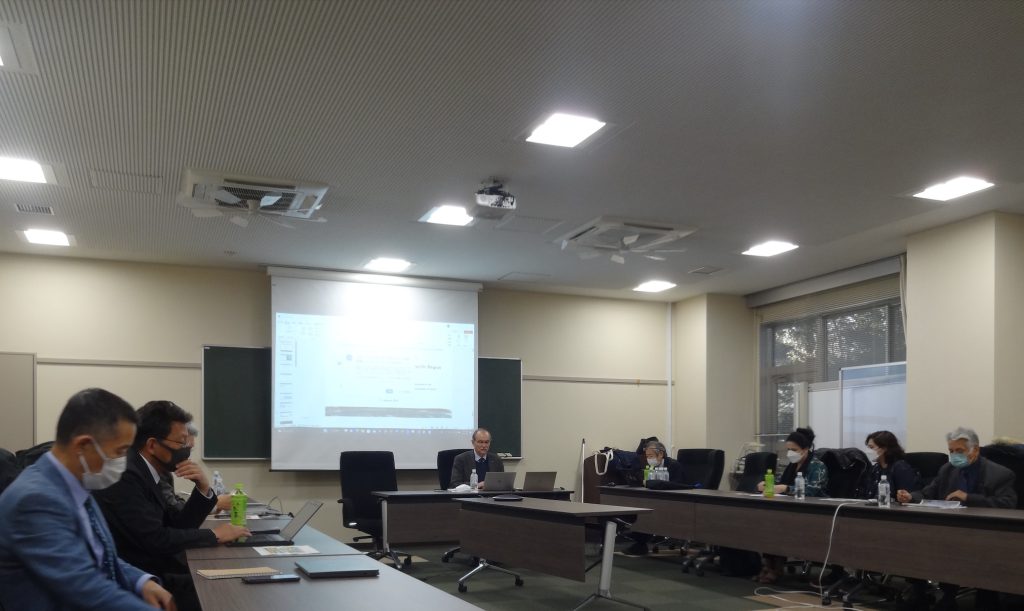
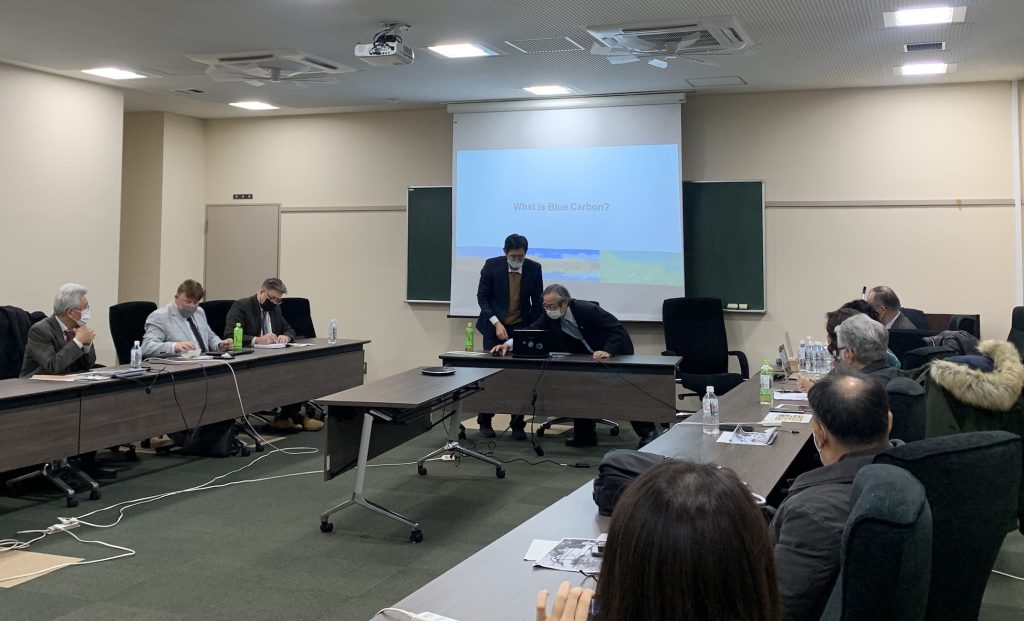
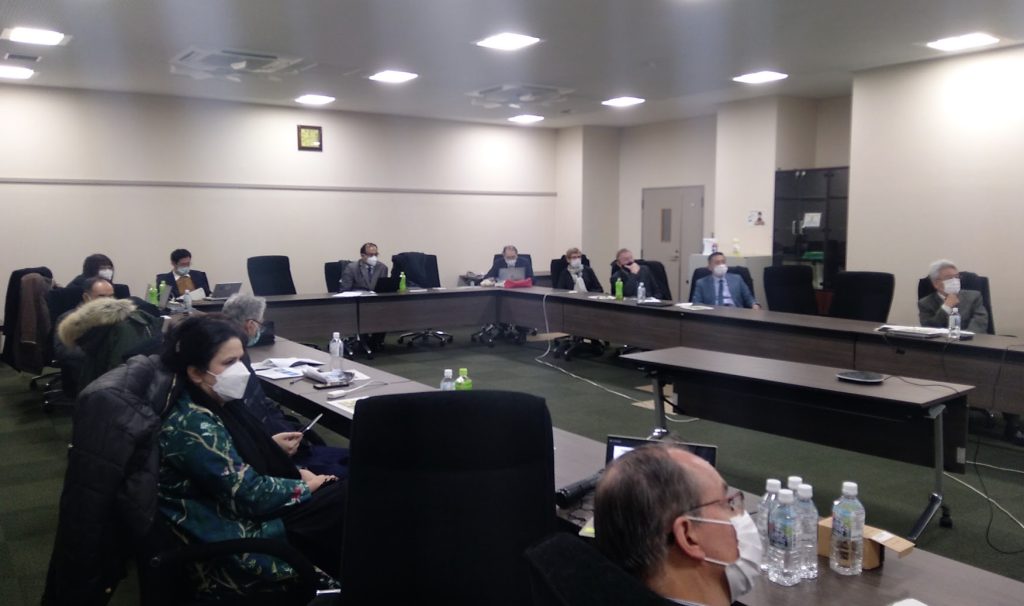
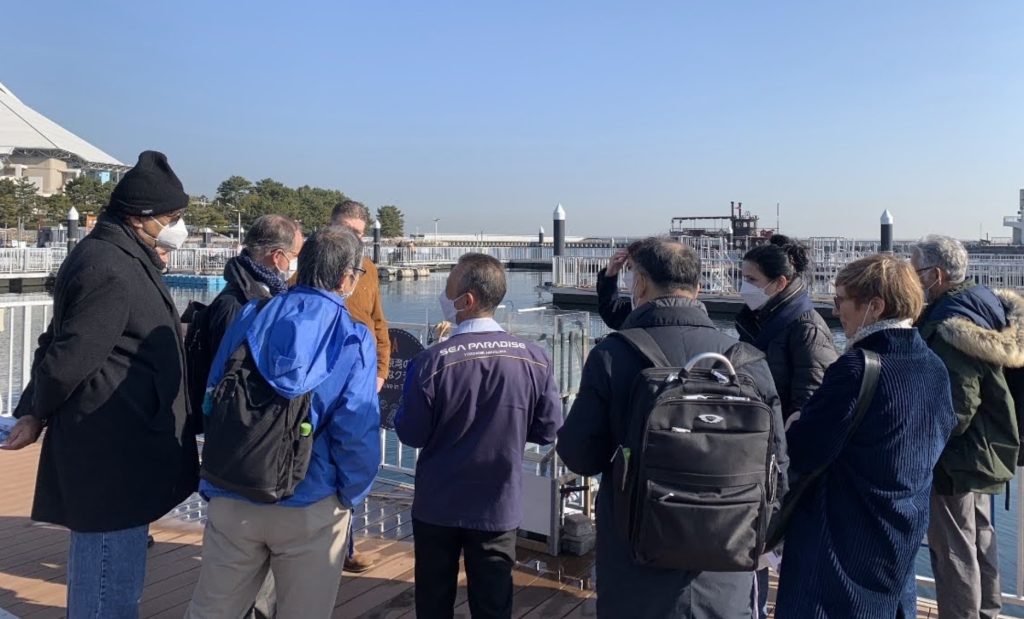
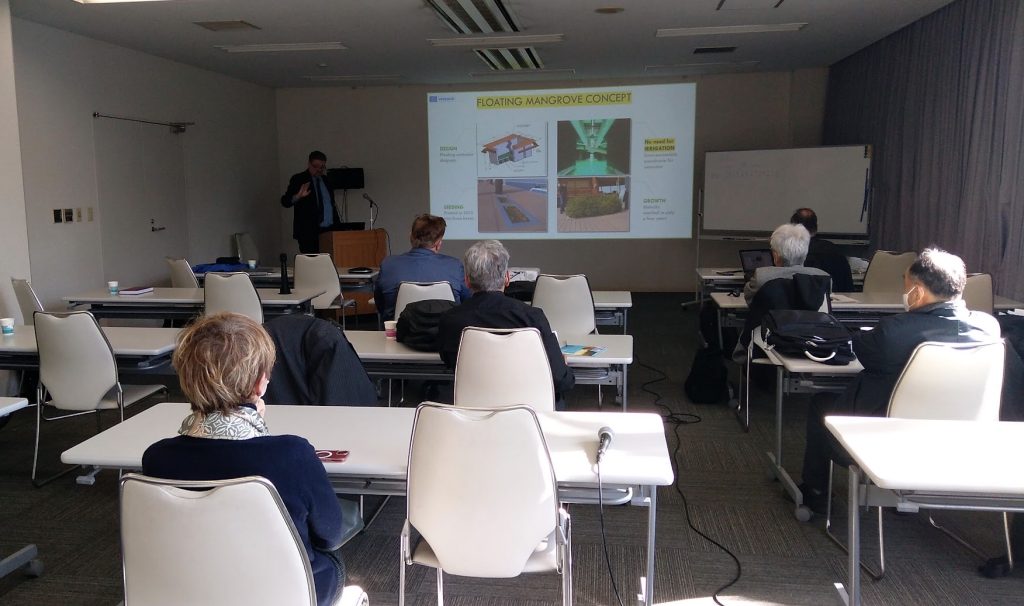
After this conference, the contributions will be published by Springer-Verlag in a book that will provide comprehensive scientific documentation inspiring the way forward on how to utilize saline resources in the best interest of humanity.




